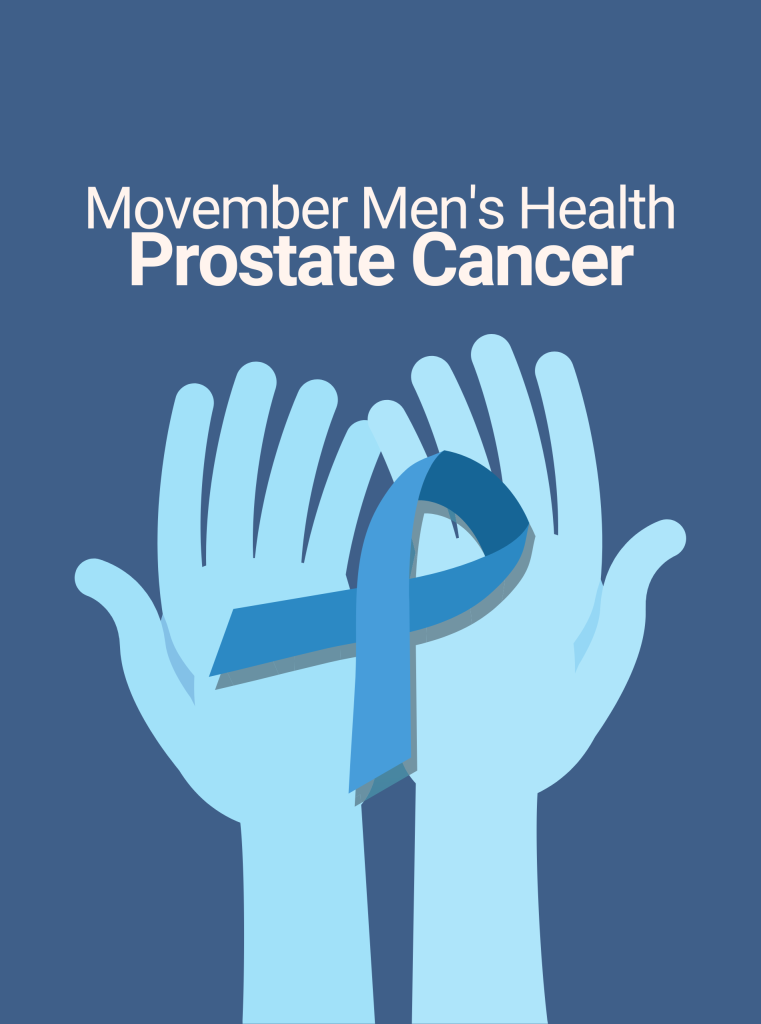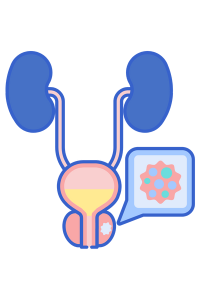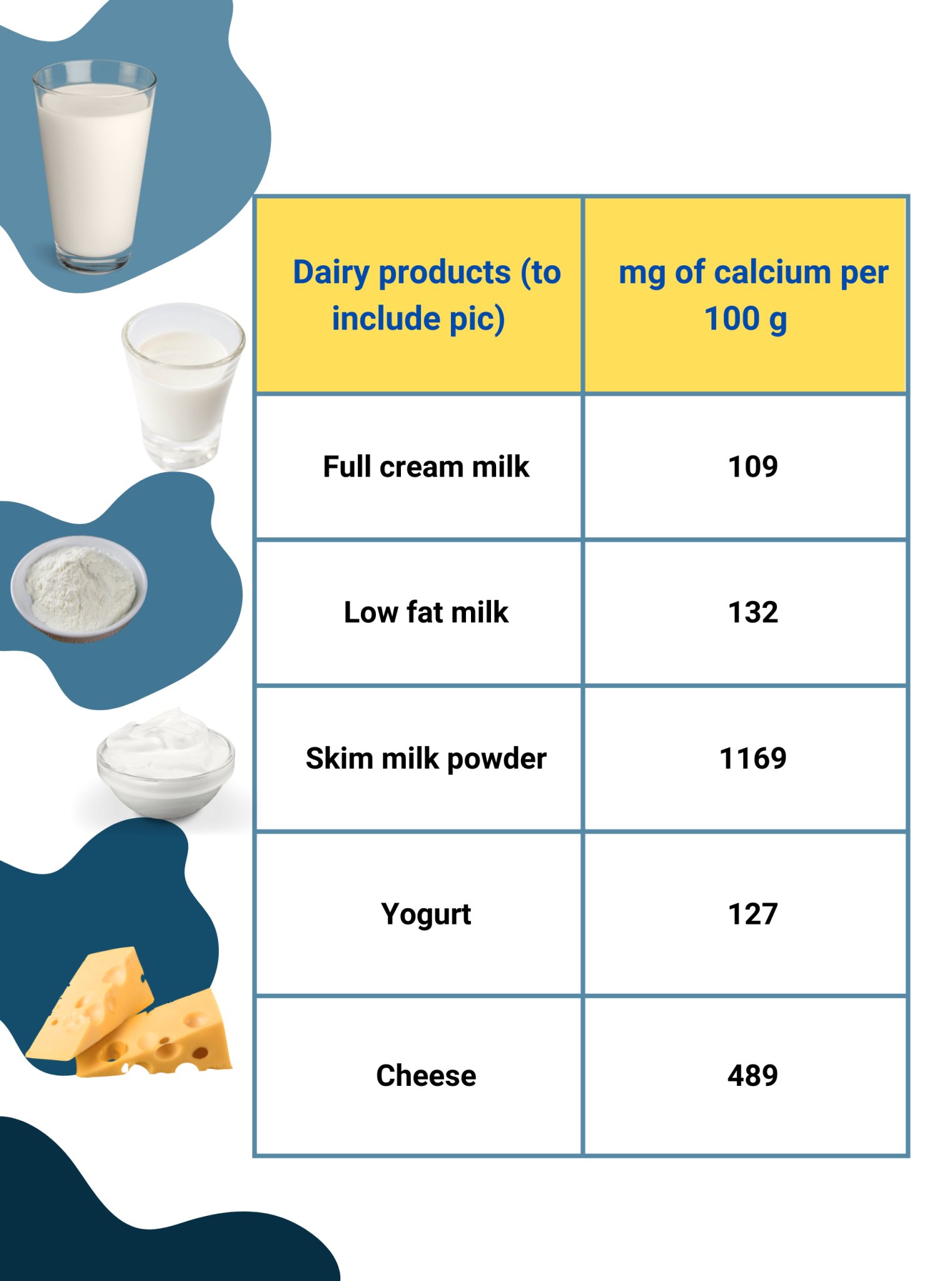


According to the World Health Organisation (WHO) Globocan 2020 report, prostate cancer is the third commonest cancer among Malaysian males, where 9.3% of new cancer cases among males in 2020 are due to prostate cancer. Based on the Malaysia National Cancer Registry Report 2012-2016, 1 in 94 males is at risk of developing prostate cancer and compared to 2007-2011, increased incidence rates are seen after the age of 55 years old and the highest incidence is in the age group of 70-74 years old.

Some are unmodifiable such as your age, ethnicity and family history. However, adopting a healthy diet and lifestyle can help in reducing your risk of developing prostate cancer.
The few common tips for most types of cancer prevention include maintaining your weight at a healthy BMI range (18.5 – 22.9 kg/m2 based on the WHO Asia Pacific classification), doing regular exercise of at least 150 minutes per week at moderate intensity or 75 minutes per week at a vigorous intensity, and refrain from smoking and heavy drinking.
From the diet and nutrition perspective, make sure to cut down on unhealthy fats such as saturated fats (<10% of total calorie intake) and trans fats (<1% of total calorie intake), at the same time increase healthy fats such as monounsaturated fats (15-20% of total calorie intake) and polyunsaturated fats (5-7% of total calorie intake).





On the other hand, overconsumption of dairy products (e.g. milk, yoghurt, cheese, butter and cream) has been associated with increased incidence risk of prostate cancer from several clinical studies. As dairy products are the main source of calcium, make sure to limit your calcium intake within the daily recommended intake (not greater than 2000 mg per day).
The recommended intake for calcium: 1000 mg per day (1200 mg for women above 50 years old)




Designed for general wellness and men’s health, including hormones & reproductive organs..

Foods high in added sugars are typically higher in calories, and frequent consumption may result in weight gain. They are also typically deficient in cancer-fighting nutrients. Tips for reducing added sugars:
Ever heard of people calling blueberries, broccoli, green tea, tomatoes, and other fruits and vegetables ‘superfoods’? This word is used to describe foods that supposedly improve health and prevent diseases like cancer, but this is not backed up by science.
It’s true that a healthy, balanced diet can help to reduce the risk of cancer, but it is unlikely that any single food will make much of a difference on its own.
Life Care Diagnostic Medical Centre Sdn. Bhd. 200401034597 (673106-V)
Bangsar South
WhatsApp: 0122343610
1st Floor, Wisma Lifecare,
No. 5, Jalan Kerinchi, Bangsar South,
59200 Kuala Lumpur
Cheras South
WhatsApp: 01127213620
19A-2 & 19B-2, Block E, Kompleks Komersil Akasa,
Jalan Akasa, Akasa Cheras Selatan,
43300 Seri Kembangan, Selangor
Operating Hour:
Monday – Friday: 8.00am – 5.00pm
Saturday: 8.00am – 1.00pm
Sunday & Public Holidays: Closed